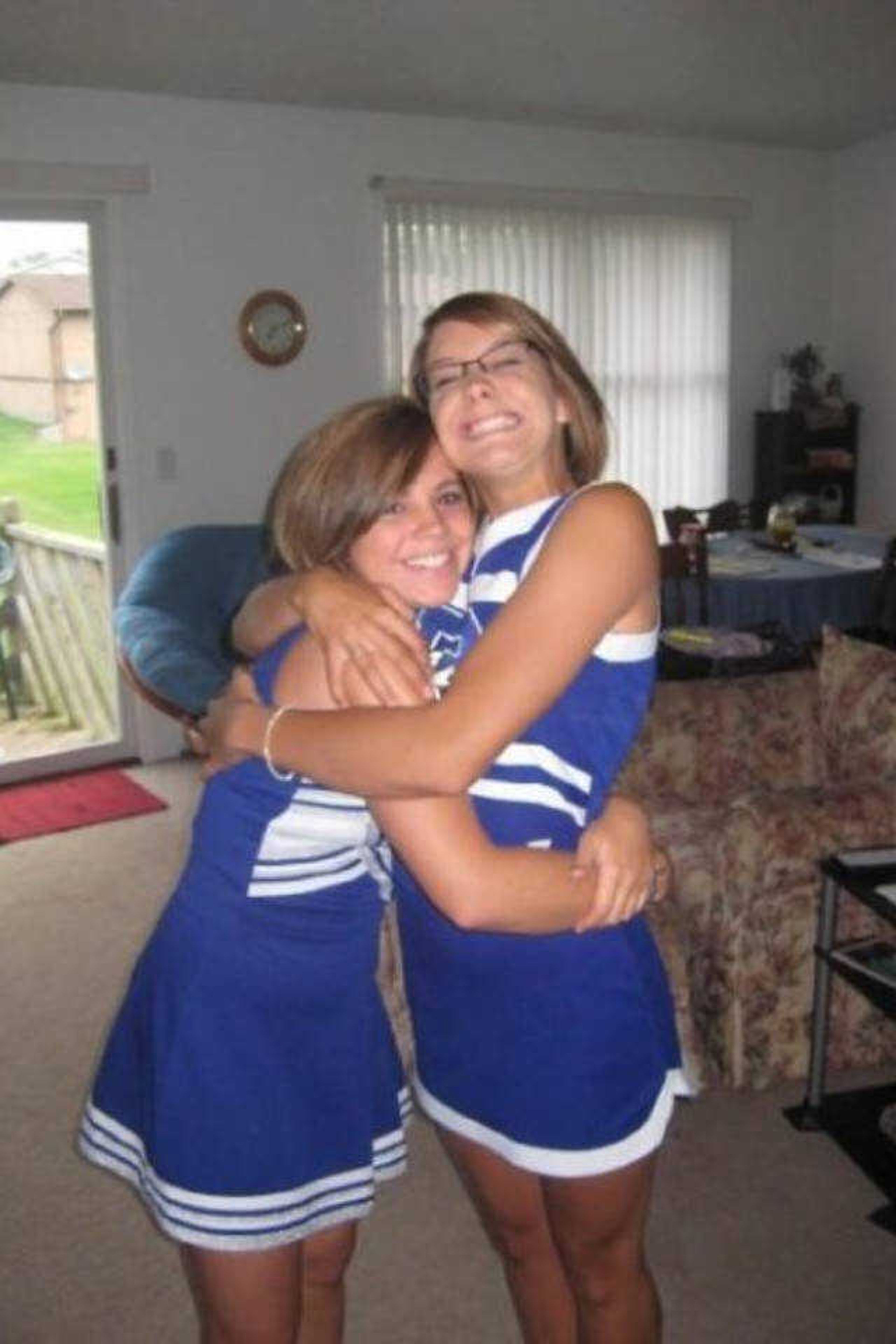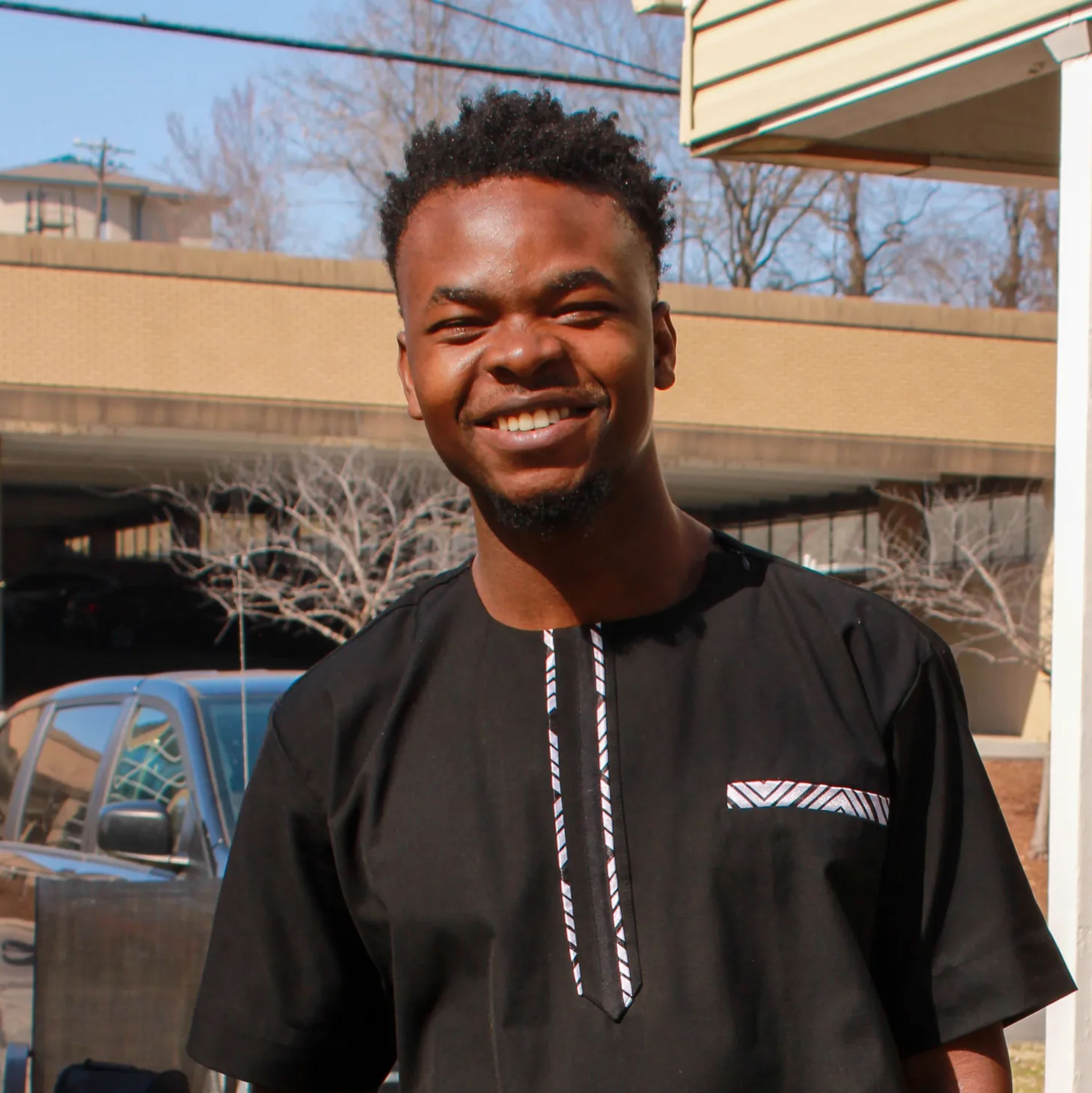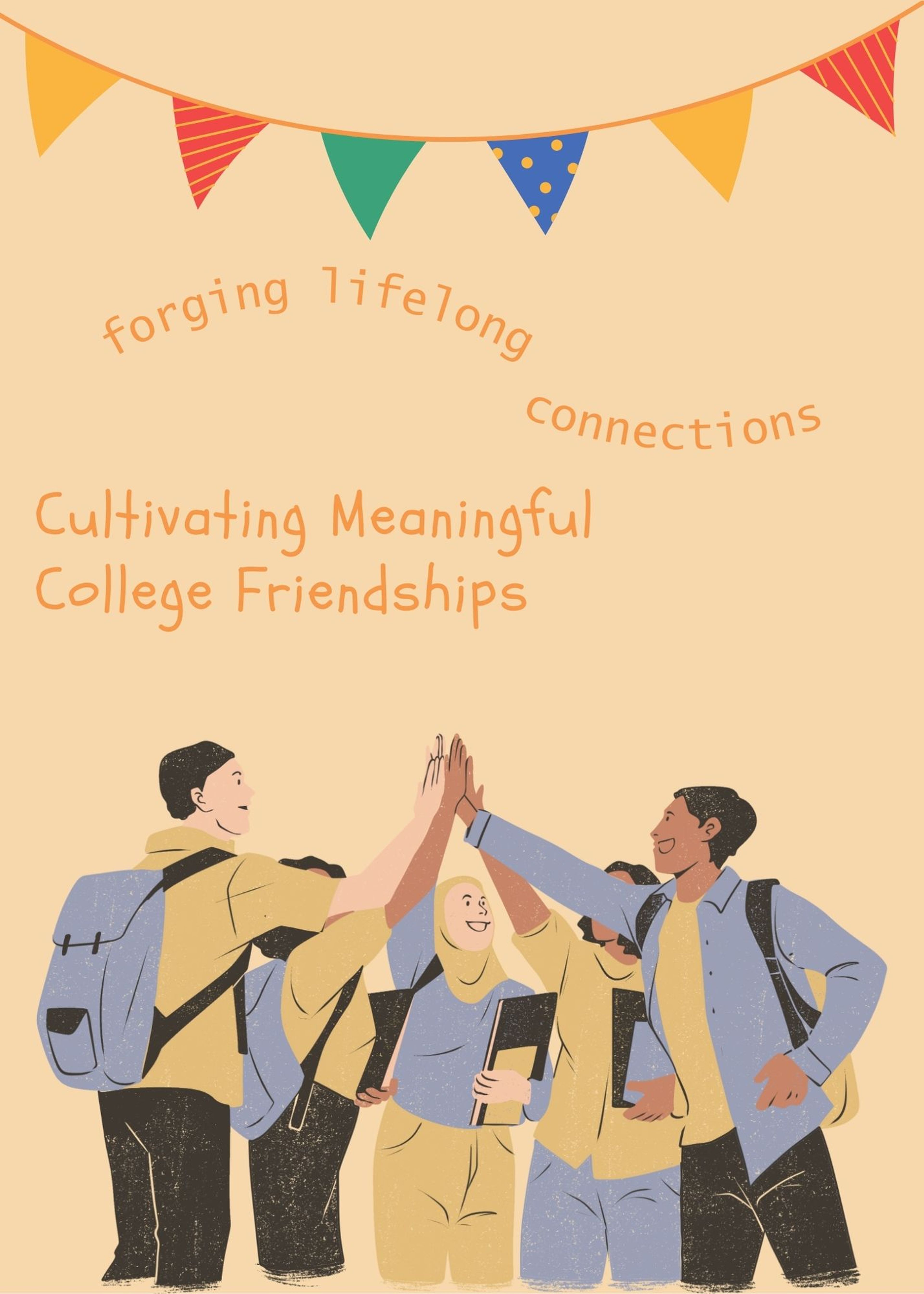We see many different faces around campus each and every day. There's the girl who sits in the very back, left corner of the classroom covered by her baseball cap, the boy who always takes the green shuttle to and from class because he just had knee surgery and the professor that stays two hours after their courses and wakes up three hours before just to get ahead on their curriculum.
Each and every day one of these faces could belong to someone who is contemplating suicide.
In the past seven months, there have been three suicides connected to Southeast Missouri State University.
We remember Jordan Hale, a cherished friend and recent Southeast graduate, who shot himself in February at his Cape Girardeau apartment. Timothy Tooley, a hard-working student and fraternity brother, hung himself in early August. Finally, there was Jonathan Wagner, a Southeast IT network specialist, who shot himself during business hours at the River Campus in June.
Associate professor of child development Victor Wilburn received his doctorate in child development for the purpose of studying child abuse and suicide, and suicide has been the primary focus of his research.
Wilburn also is the director of the VICTORY program on campus, which counsels victims of date rape, sexual assaults and other violent acts of crime. The VICTORY program was established at Southeast about seven years ago, and Wilburn has worked with the program since 2010.
"I got into the research area because I was initially a rural sociology major, and I took a part-time job working at a youth development center working with troubled youth and sex offenders," Wilburn said. "Out of working with that population I was met with, first hand, the harsh reality that some people's lives are so stressful they're working to cope and manage and to understand such experiences that they contemplate suicide and have harsh backgrounds like sexual abuse in the early years of their life, and it affects their character."
According to Wilburn, suicide is the second and in some studies identified as the third-leading cause of death in people between the ages of 16 and 24. It is the sixth-leading cause of death in children ages of 6 to 15. Research also has discovered that suicide is the second-leading cause of death among college students.
"A person who is close to acting on suicide doesn't look that different from the person who is clinically depressed or someone who had an acute stressor that they are having a difficult time coping with," Wilburn said. "Because we live in a high-charged society these things are common to see in people, and truthfully it's not uncommon to see or discover people who are actually thinking more and more about it [suicide] and acting on their thoughts. And in time he or she tends to become successful at their attempts."
Wilburn said before completing suicide young adults may reach 14 to 15 attempts.
Suicide is a topic people don't generally like to discuss. So when someone sees that someone else is in distress, they generally don't know what to do or how to react.
"Often time's people are coping by committing suicide because it is their way of resolving the pain," Wilburn said. "So we need to be more vigilant, we need to be more aware as a college-campus community. We need to understand, we need to put into context the kinds of stress our students are exposed to, our leaders, our faculty or community at large. Stress is a normal part of life, but there are always things we can do to minimize and offset the trauma of stress. I think it is the trauma of stress or the outcome where stress exceeds or exhausts my ability to cope, manage and adapt that is where we have problems."
Wilburn explains the importance of faculty and staff at Southeast being more alert to the amount of stress that is put upon their students.
"When stress aggravates the coping strategies or the resources that students have to stay healthy we [as faculty] should be aware about that," Wilburn said. "We need to make sure that our students are not so stressed that they have forgotten how to take care of themselves and when we see that people are in distress we need to learn how to build that support."
Sophomore psychology major Lauren Denult has had to deal with suicide first hand. Her older sister, Courtney Denult, committed suicide when Lauren was a freshman in high school.
"I still cry about this," Denult said, struggling to explain her story.
According to Denult, her sister was dealing with a plethora of issues like depression, bullying, bipolar disorder, eating disorders and contemplating thoughts of suicide for a while. She was only going to half days of school and went to counseling sessions that her family urged her to attend.
"So she would go until noon and take two classes until noon, and then she would just be done for the day because she'd get so stressed out," Denult said. "People were bad; you know things just kept building up. So she would get off of school at noon, and she would go to her counselors at 2. She came home, went in for a nap, my mom went to go wake her up for her counselor
meeting and found her and she had committed suicide."
Denult said her mom felt a heartbeat and took her to the hospital, but by the time she arrived there her sister had died.
"That was really, really rough," Denult said. "We were 15 months apart. We were really close in age and, like, growing up and stuff. It was the first kind of death that I had ever experienced or even knew what it was."
Denult described being impressed that more than 900 people attended Courtney's funeral in their small hometown.
According to Denult, there were so many past and present students who were affected by her sister's death that she realized it wasn't just about her or her family. It was about the healing of so many other people who were hurt and confused. Denult said she gave them someone to talk to.
"I found that people need to talk," Denult said. "They need someone to listen to them and understand them and most people do find more comfort in talking to the family members because they know what they're feeling, they understand. I think it helped a lot when I put myself into someone else's shoes because they just need to talk."
Denult said she became like a mini-counselor because in high school. She listened to people and it got to the point where students would walk into the guidance counselor's office to talk to her.
"Every situation is different," Denult said. "If someone was contemplating suicide I think I would just listen for a while, and I think that's one of the biggest things you can do for someone in that situation because most people who want to end their life don't know what they want out of life. They don't know what types of people they want to be surrounded with, they don't know how to deal with their feelings, and that's a big thing. They don't know how to handle their feelings. They don't know what they're feeling, why they're feeling it, so I think listening is definitely a good suggestion."
Denalt said that friends helped a lot in her coping process but stressed that you can't force someone to get help.
"Counseling does not work for everyone," Denult said. "Courtney is the biggest example of that. I think you seriously have to assess the situation and assess who the person is, like every case is different, but the biggest thing for like a friend to do is listen. There are so many cues and little things. I think about them now, like when Courtney would say something or what she would do. At the time you don't see it because it's a normal day, but in reality it's because she's depressed."
Wilburn explained that a significant sign of suicide or depression is when people start distancing themselves and breaking off from their normal routine.
"Suicide often times, because it is so strongly correlated with depression, you find that people start to close on their communities, and what I really mean by that is you go from someone who is very engaged in their community to becoming less engaged. So what they're doing is socially disengaging as a precursor to the physical act of suicide because suicide in itself is a disengaging act. It is separation of life. So when you see shifts in behavior patterns, even eating patterns, things of this nature, these are all indications."
According to Denult, people who are depressed have to want to get help. You can't force them too much to the point that it breaks them. As a friend you need to listen and constantly be there for them.
Wilburn explains that it is really important to let someone know if you start to see significant changes in amongst your friends, or even professors.
"When someone discloses to me or someone's behavior is significantly unpredictable, or falls significantly outside the norm, we have a responsibility to that person and to ourselves to make sure we are not the only person that has that information," Wilburn said. "We're not all professionals. So therefore, we must make sure we put that information we're it needs to be. If that means getting law enforcement involved then do so. It's better to be wrong and keep someone alive than to reverse.
According to Denult, her best piece of advice would be to keep moving on and stay strong.
Denult is the vice president of the To Write Love on Her Arms organization that helps to present a beacon of hope to people who are struggling with addiction, self-harm and depression.
"When I first started going to meetings, I was uncomfortable," Denult said. "I didn't want to talk about it. I didn't want to hear about it, but then after a while you started to hear other people's stories and then you realize that you're not alone. That there are people who are uncomfortable with it and you're not by yourself, which is like the biggest thing I think, which is you're not alone and there are people that you don't see on campus everyday, but they're struggling with the same things you did."
The To Write Love on Her Arms organization meets at 8 p.m. on Tuesdays in the University Center. To report an incident, talk to a counselor or get involved with upcoming events with the VICTORY program, go to cst.semo.edu/victory/class.
To talk to a counselor on campus, contact Counseling and Disability Services at 573-986-6191, the Department of Public Safety at 573-651-2215 (after hours), the Students of Concern Team at the dean of students office (573) 986-6888, or go to the office on the first floor of Dearmont Hall.
If you or someone you know is contemplating suicide or just needs someone to talk, call the National Suicide Prevention Lifeline at 800-273-TALK or Missouri Crisis Hotline South and Central Region at 800-356-5395. Both are available 24 hours a day.
"We need to ensure that he or she has the support they need to be successful because at the end of the day that is why we're here," Wilburn said. "We're here to create the best of our students and sometimes that does mean to create an environment where our students are being pushed and challenged. We can play a role in reducing the trauma of stress to where our students and professionals alike are not at the point where we feel like we have exhausted our ability to cope."







